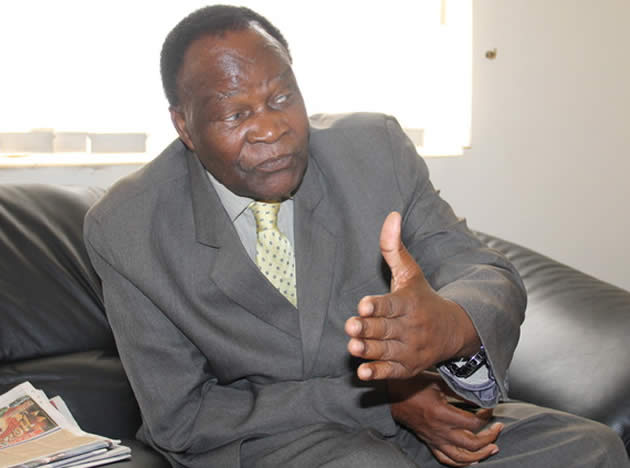
It all started with the psychologist Benjamin Bloom in 1956, who identified three domains used in educational and training activities:
Josiah Hungwe
Cognitive: mental skills (Knowledge) Affective: growth in feelings or emotional areas (Attitude) Psychomotor: manual or physical skills (Skills).
Each of these domains can be further divided into subdivisions, starting with the simple behaviours and escalating to the most complex.
However, these divisions are not absolutes. There are other systems that have been devised and used in education/training. Bloom’s taxonomy is easy to understand and apply.
Psychomotor objectives focus on physical and kinaesthetic skills characterised by progressive levels of observable behaviours that culminate in the mastery of a physical skill.
These levels are summarised as: Observation, Imitation, Practicing and Adaptation. These levels can easily be explained by how a child learns to stand and walk.
You may have been wondering what minister Hungwe has been doing since his appointment? Well, here is what my department has been up to and has achieved so far.
- Chamisa under fire over US$120K donation
- Mavhunga puts DeMbare into Chibuku quarterfinals
- Pension funds bet on Cabora Bassa oilfields
- Councils defy govt fire tender directive
Keep Reading
l Since my appointment in late August 2013, I was a lone soldier without staff till February when one director was seconded to my ministry followed by a personal assistant in March, then the second director in April and my own principal executive assistant coming in late May.
The department is still seven members of staff short.
Not withstanding this challenge, the department went full steam ahead the moment one director and the PA was in place and put in place its mandate which has now been approved by the President His Excellency Cde R G Mugabe.
We have been mandated by the President to liaise with other stakeholders which include ministries in government and to coordinate a holistic approach to psychomotor based education. This education is not only vocational and technical but also includes life and entrepreneurial skills. Our main responsibility is the creation of livelihoods for the unemployed masses in Zimbabwe.
We are now in the process of holding consultative meetings with key stakeholders such as the key ministries of education, youth, women and labour ministries as well as the captains of industry and commerce.
Visits have also been made to other key institutions here in Bulawayo such as the Polytechnic, Hotel school, School of Mines and NUST.
I have also started visibility initiatives to inform Zimbabwe of our activities and this started with our exhibition at the Zimbabwe International Trade Fair.
Those of you who tune in to Star FM may have listened to me being interviewed live; such programmes shall be planned with other stations in the near future. Periodic press releases and conferences shall be held from time to time as and when necessary.
My department is concerned with the unemployed people who can be given skills for self-reliance but have not been afforded the opportunities.











